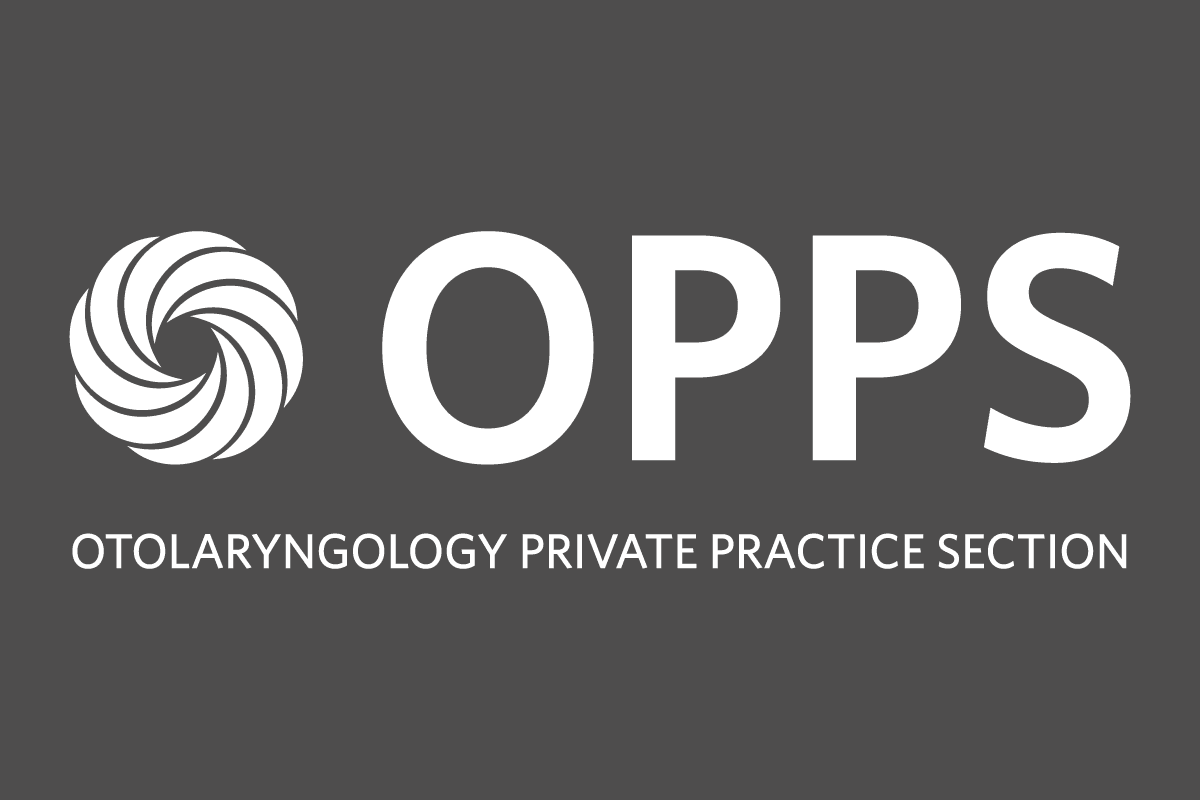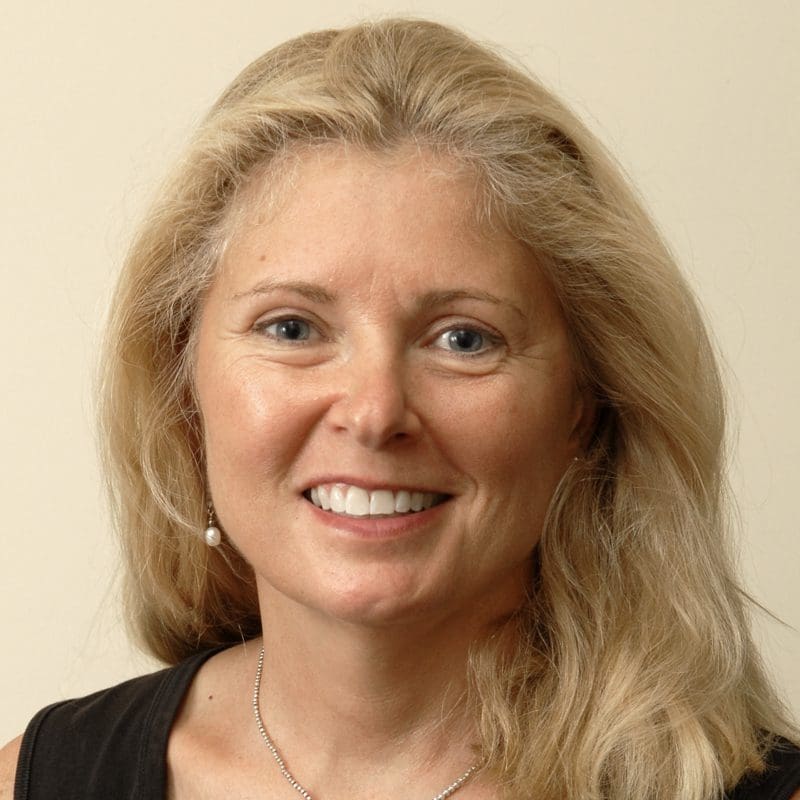Featured
Welcome to OPPS with Annette M. Pham, MD
Annette M. Pham, MD, Otolaryngology Private Practice Section (OPPS), 2024–2025 Chair, welcomes you to the Academy’s newest section dedicated exclusively to private practitioners! In this video, Dr. Pham outlines the section’s mission to build a robust community focused on addressing the unique business concerns and advocacy needs of otolaryngologists in private practice.
Membership
The OPPS is open to all non-retired practicing physician members of the AAO-HNS/F that are self-employed, employed in physician partnerships or employed by healthcare systems. Physicians not currently practicing medicine or practicing in an academic practice or in the military are not eligible for membership nor are residents or fellows-in-training. OPPS members must be in good standing with the AAO-HNS.
OPPS Member Benefits
Connect with fellow private practitioners today and get the resources you need to thrive, including:
- Practice management resources and guidance tailored for private practitioners
- Networking opportunities with fellow private practice otolaryngologists
- Direct communication channel with Academy leadership on key issues through the OPPS Governing Council and committees
- Advocacy on matters specifically affecting private practice ENT
- Updates on regulations and policies impacting private practitioners
Ready to join? If your primary practice setting is private practice, and you’re eligible for membership as described above, then completing the following action will automatically add you to the Section.
- Log into the Academy website and visit the “My Specialty” page.
- In the “Demographic” tab of your profile, click the edit pencil toward the top right-hand of the tab’s entries.
- In the “Primary Practice Setting” dropdown menu, select “Private Practice”.
- Click the “Save” button toward the bottom of the page.
Within approximately 24 hours, you should have access to the OPPS ENT Connect Community.
If you have any difficulty, please feel free to reach out to [email protected].
Why Choose Private Practice?
Explore the compelling reasons why physicians are choosing private practice over other settings, including autonomy that allows for personalized patient care, work-life balance, and a sense of personal and professional fulfillment.
Featured
Why I Love Private Practice
Discover how private practice can transform a physician’s career by offering unprecedented control over their professional life! The discussion covers the key advantages that draw doctors away from other employment models, including the ability to shape their own practice culture, make swift decisions without bureaucratic obstacles, and create schedules that truly support work-life balance.
Featured
Private Practice Study Group – Current Practice Paradigms of Otolaryngology
Gain insights into the variety of practice opportunities and employment models currently available to Otolaryngologist Physicians in 2023. The pros and cons of these models including those in Independent Private Practice, Employed Physician and Academic Practice will be presented. Representative challenges faced in each of these environments, the opportunities available when transitioning between models and some key lessons learned will be discussed.
Featured Videos
During this sponsored webinar by the AAO-HNS Otolaryngology Private practice Section, a diverse stakeholder group of panelists reviews the background, eligibility, application process, potential value, and impact of the Focused Practice Designation (FPD) in Adult Complex Thyroid and Parathyroid Surgery.
Learn more from The Hearing Portal creator, Jeffrey S. Weingarten, MD, about this collaborative program with audiologists, hearing instrument specialists, manufacturers, and otolaryngologists to offer real time, video telemedicine medical clearance for hearing aids. Learn more about the goals of The Hearing Portal to facilitate care for patients who otherwise would not have access to an otolaryngologist due to rural location, inclement weather, transportation difficulties or difficulty scheduling timely appointments.
Over-the-counter (OTC) hearing aids are now available to adults 18 years of age or older with mild-to-moderate hearing loss. Here are some FAQs to help you navigate OTC hearing aids.


